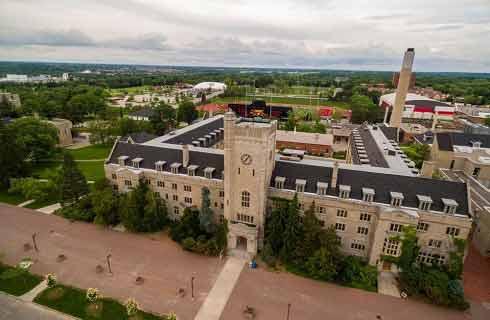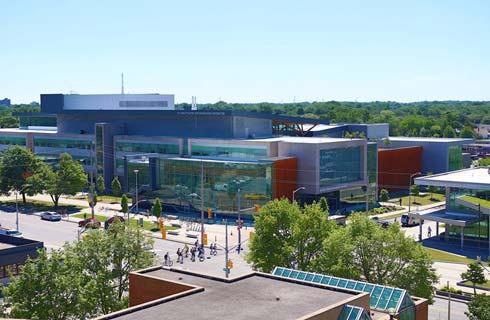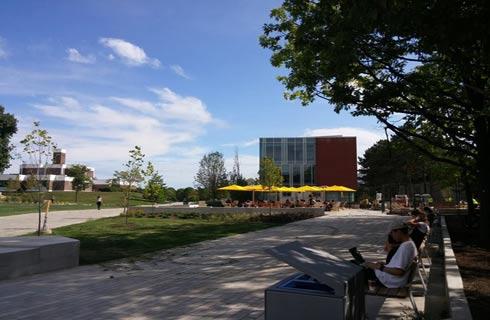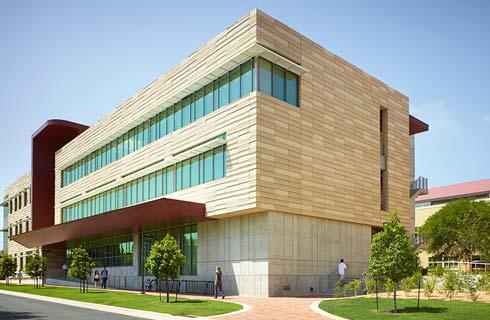国际学生入学条件
A bachelor degree with a 2:1 (hons) in a relevant subject Those with a background in geography, urban planning, transport, or computer science, or who can demonstrate good quantitative and/or computing skills, are particularly encouraged to apply All applicants must have an interest in learning.
展开
IDP—雅思考试联合主办方

雅思考试总分
6.5
了解更多
雅思考试指南
- 雅思总分:6.5
- 托福网考总分:88
- 托福笔试总分:160
- 其他语言考试:PTE - 64 overall and no less than 60 in any component.
CRICOS代码:
申请截止日期: 请与IDP顾问联系以获取详细信息。
课程简介
Urban data science and analytics are critical to helping cities evolve, providing invaluable insight into urban processes, dynamics within cities, and highlighting local and global issues. This is why specialists in this field are highly sought after within the public and private sectors to help address these issues and contribute to solutions in future planning. Our Urban Data Science and Analytics MSc offers you the opportunity to gain in-depth knowledge of the methods and approaches of data science and learn how to apply them in understanding cities and setting urban policy. The course will combine technical training in the latest data science techniques – from data wrangling to machine learning, visualisation, and beyond – with the critical thinking needed to interrogate and understand complex urban and mobility challenges. At the heart of this course will be a commitment to tackling the real-world challenges facing cities. Researchers at the University of Leeds are finding novel data-driven solutions to tackle challenges such as traffic congestion, social and economic equality, healthy cities, and competition for resources. This means, once you graduate, you’ll be fully equipped with the experience, technical skills, and knowledge needed to pursue a career in this area, with roles in everything from data science to software development or urban planning. Why study at Leeds: Learn the latest innovations in critical areas of urban analytics with exposure to our impactful research ongoing across the university from the School of Geography, the Institute for Transport Studies, the Leeds Institute for Data Analytics and the Alan Turing Institute, the national institute for data science and artificial intelligence which feeds directly into the course. Advance your skills and knowledge in key topics sought after in industry, including programming for data science, creative coding for urban problems and analytics for urban policy. Tailor the course to suit your career aspirations with a selection of optional modules in areas like geographic data visualisation, geodemographics and transport data science. Conduct your own project work which will enable you to develop transferable skills as a researcher, investigating a real-world issue that explores and develops your interests. Access specialist facilities which will complement your learning including research-grade laboratories in the Leeds Institute for Data Analytics, as well as an excellent GIS computer cluster with industry-standard software. Experience expert theoretical and practical teaching delivered by a programme team of academics who are actively engaged in ground-breaking research and part of the Centre for Spatial Analysis and Policy research group, Leeds Institute for Data Analytics and the Alan Turing Institute. Build your industry connections through working with external organisations and stakeholders, co-developing creative solutions to urban problems. Put theory into practice with exciting fieldwork opportunities in an urban context, allowing you to observe first-hand how data science can be used to create and shape urban policy and how policies in turn impact urban systems and processes. Related coursesEnvironmental Data Science and Analytics MScThis Masters degree is a great fit for students interested in environmental processes and using data-driven solutions to provide insight for the future of our planet at multiple scales. Like our Urban Data Science and Analytics MSc, you’ll build skills in data wrangling, machine learning, data analysis, visualisation and creative coding – but with a broader perspective on the environment as a whole, using a variety of data from multiple ecosystems.
展开







 预科
预科 奖学金
奖学金 实习机会
实习机会 在校学习
在校学习 跨境学习
跨境学习 校园授课-线上开始
校园授课-线上开始 在线/远程学习
在线/远程学习














 伍伦贡大学
伍伦贡大学

 南昆士兰大学
南昆士兰大学

 斯威本科技大学
斯威本科技大学

 南澳大学
南澳大学

 南澳大学
南澳大学

 斯威本科技大学
斯威本科技大学




















 英国
英国




